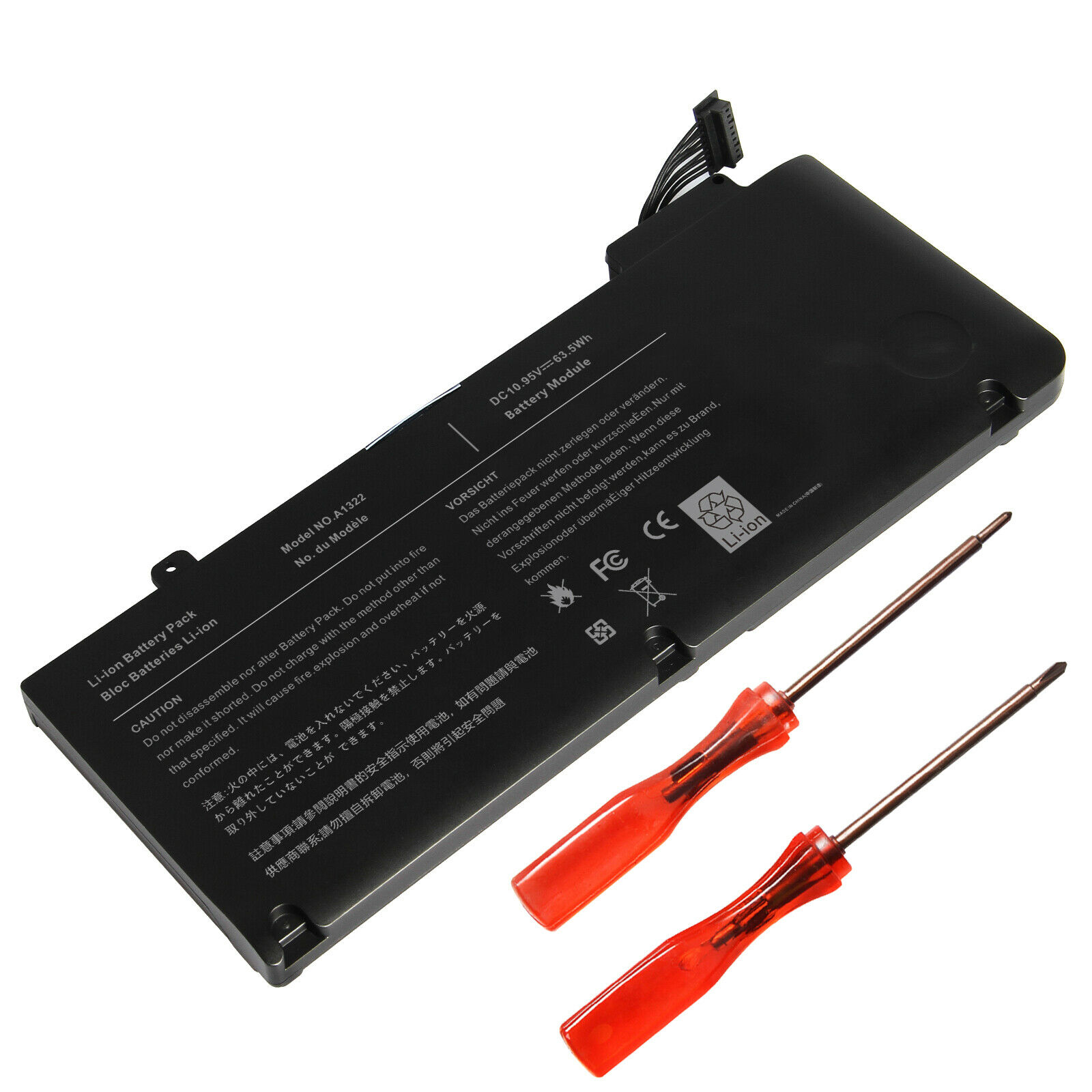Should I Replace Battery For Mac Book 2011


Does your Mac’s battery not last as long as when it was new? Users experiencing noticeably shorter battery life on a MacBook, MacBook Pro, or MacBook Air can take a few steps to determine it’s health and overall condition. It’s completely normal for notebook batteries to gradually become less effective at holding a charge as time goes on. It’s all about the age of the battery, how often it is used, and other conditions like temperature. Battery usage is measured in cycles, which represents the number of times it has been fully discharged. That doesn’t necessarily mean going from 100% down to 0% all on one charge.
It can be broken up across a number of charges. For example, going from 100% down to 60% (-40%), then back up to 100% and down to 50% (-50%), then from 100% again to 90% (-10%).
Combined, these 3 make up a complete -100% discharge cycle. Apple’s latest Mac notebook batteries are designed to maintain about 80% of their original charging capacity after 1000 cycles or 5 years. That means a battery that lasted for 5 hours when it was new should last around 4 hours by the time it gets to 1000 cycles. For comparison, PC makers like HP only expect their batteries to hold 80% of their capacity after 300 cycles or 1 year. Of course, how you treat your battery can influence it’s lifespan. Best e-mail app for mac os 2017 free.
Should I be worried and remove the battery from mine? Will it even work without the battery? I don't think the messages I've gotten stated it's a must to replace but they have warned that it's not what it used to be. I always have the MacBook plugged in since it lasts about an hour on the battery. How hard it is to replace the battery depends on the model of MacBook you have. Some models, like the 2009 MacBook Pro 15”, actually had removable batteries, while newer models, like the 2015 MacBook Pro 15” with Retina Display instead have batteries that are glued in.
Always keeping your MacBook plugged in to the power adapter and never using the battery can kill it faster than using it every day. That’s why it’s always a good idea to run the battery down completely at least once a month. Extreme temperatures – hot or cold – can damage a battery too. Finally, storing a Mac and its battery for long periods of time when it’s completely empty or full can lessen its ability to hold a charge. How to tell if you need a new battery The quickest way to check if your MacBook’s battery is in need of a replacement is to open System Profiler. This is located in Applications > Utilities and can also be accessed by going to the Apple menu > About This Mac > More Info.
Click on the Power section in the list and you’ll find information like the cycle count and condition rating. “Normal,” “Replace Soon,” “Replace Now,” and “Service Battery” are the categories Mac OS X displays to communicate the battery’s condition. For those looking for a bit more information, a free Mac utility called is available for download.
It shows the battery’s original capacity and compares it to its current capacity, along with a numerical health rating. Anything above 80% is considered normal, but your battery is likely on its way out if it is somewhere in the 70s or lower. It will still work, of course, but not nearly as long as when it was new.
Depending on how often you use the battery and how long you need it to last on a single charge, purchasing a replacement might be a worthwhile investment. About MacYourself MacYourself was established in July 2008 by founders (and Apple enthusiasts) Ant and Frankie P., who wanted to create a tips & tricks site geared towards the average or new Apple product user. The name itself was an accident, shouted by Frankie P. In a moment of frustration when he couldn’t think of anything clever. Immediately, a light went off in Ant’s head and he eventually convinced Frankie P.
That it wasn’t as ridiculous as it first seemed. About us or send a friendly message. It's great to hear from people! Need some guidance? To our RSS feed. An Apple-related tip or fix.
Tell a friend to 'Go MacYourself.'